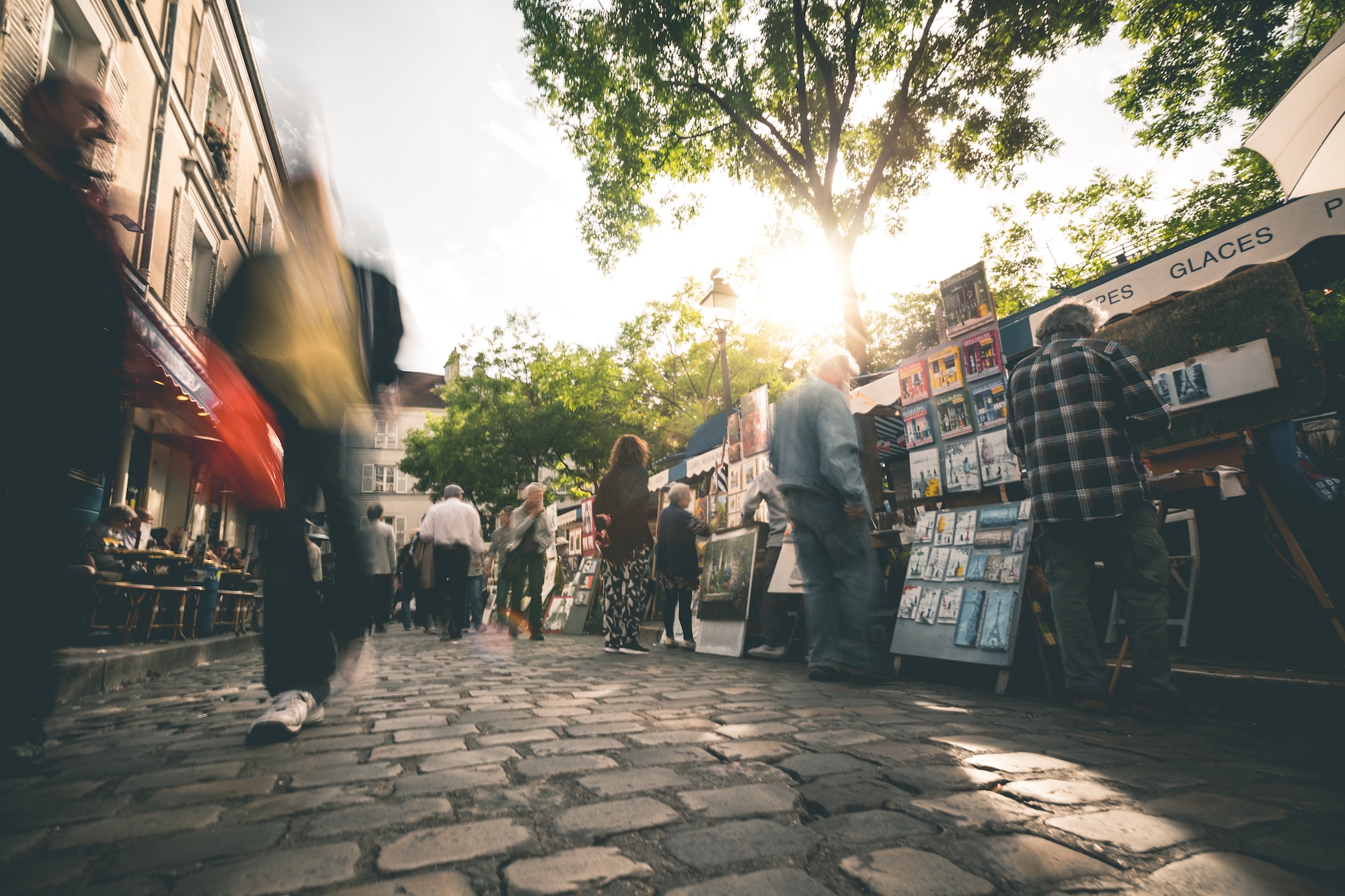10 Tourist Scams to be Aware of Before Visiting London
While London is generally a safe city for tourists, like any major tourist destination, it’s important to be aware of potential scams. Here are some of the most common scams you might encounter and how to avoid them:
1. The “Gold Ring” Scam
- What Happens: Someone, usually a “friendly” stranger, will approach you claiming to have found a gold ring or other valuable item. They’ll offer it to you, sometimes even “giving” it to you as a gift. Once you accept it, they may demand money for it, saying it’s yours to keep but that you must pay for it.
- How to Avoid It: Ignore anyone who approaches you offering “found” valuables. Politely walk away without engaging.
2. Fake Charity Collectors
- What Happens: Scammers may approach you, especially around busy tourist areas or on the street, claiming to represent a charity. They may ask for a donation for a cause, often showing a fake or misleading ID badge.
- How to Avoid It: Don’t hand over money to strangers without verifying the charity. If you want to donate, give directly to a recognized charity at an official collection point.
3. The “Help Me, I’m Lost” Scam
- What Happens: A person (often a woman or someone in distress) might ask you for directions, only to later claim they’ve lost their wallet, passport, or other belongings. They may ask for money to help them get back to their hotel or to the embassy.
- How to Avoid It: Don’t give money to strangers. If they seem lost or in need, direct them to the nearest police officer or help them find a public place to ask for assistance.
4. Street Performers Asking for Money
- What Happens: In busy areas like Covent Garden or South Bank, street performers may perform in public spaces, but after finishing their act, they can aggressively demand money, claiming it’s expected or required for enjoying the performance.
- How to Avoid It: If you’re not planning on tipping, just walk away when the performance is over. You’re not obligated to give anything if you didn’t watch the performance or enjoy it fully.
5. Taxi Overcharging
- What Happens: Some unlicensed taxis or “mini-cabs” may overcharge tourists, especially if you’re not familiar with the area. They might take longer routes or inflate the fare.
- How to Avoid It: Always use an official black cab (look for the “TAXI” sign), or use trusted ride-hailing apps like Uber or Bolt. Confirm the fare before getting into a mini-cab, and try to use only licensed services.
6. The “Fake Police Officer” Scam
- What Happens: Someone dressed as a police officer might ask to see your ID or wallet for “security” reasons, then claim they need to inspect your money for counterfeit bills. They may distract you while an accomplice steals your belongings.
- How to Avoid It: Real police officers will never ask to inspect your money. If approached, ask to see their badge and ID, and always call the police if you feel uncomfortable. It’s safer to walk to a police station if you need assistance.
7. The “Map” Scam
- What Happens: Someone may offer you a “free map” of London, especially near tourist spots like Piccadilly Circus or Oxford Street. After handing you the map, they may pressure you for a tip or donation for the map or services they didn’t actually offer.
- How to Avoid It: Decline unsolicited offers of free maps or guides, and purchase official tourist maps from visitor centers or reputable shops.
8. The ATM Scam
- What Happens: Some scammers place devices on ATMs that capture your card details or they may look over your shoulder to get your PIN. You might also encounter people who offer help at the ATM, only to later steal your card information.
- How to Avoid It: Use ATMs in well-lit, busy areas (preferably inside banks), and cover your PIN when entering it. Regularly check your bank statements for unusual activity.
9. The “Petty Theft” Scam
- What Happens: Pickpockets often work in groups, with one person distracting you while another steals your wallet, phone, or bag. Common distractions include someone bumping into you, asking for directions, or even spilling something on you.
- How to Avoid It: Stay aware of your surroundings, especially in crowded tourist spots like Oxford Street, Leicester Square, and on the Tube. Use anti-theft bags or money belts, and avoid carrying large amounts of cash.
10. “Overly Friendly” Locals
- What Happens: Scammers pretending to be locals might approach you, offering to take your photo or chat for a while. After establishing trust, they may ask you for money or tell you that you owe them for the “help” they gave you.
- How to Avoid It: Always be cautious with overly friendly strangers, especially if they make unusual or unsolicited requests.
General Safety Tips:
- Trust your instincts: If something feels off, walk away and avoid engaging.
- Keep important documents secure: Use a hotel safe for passports and valuables, and keep only what you need on you when out.
- Use official services: Whether it’s taxis, guides, or food vendors, sticking with official and well-reviewed services minimizes the chance of falling victim to a scam.
By staying aware of these common scams and exercising caution, you can enjoy all that London has to offer while minimizing the risks.










